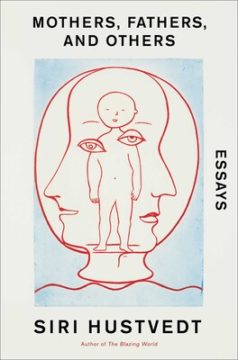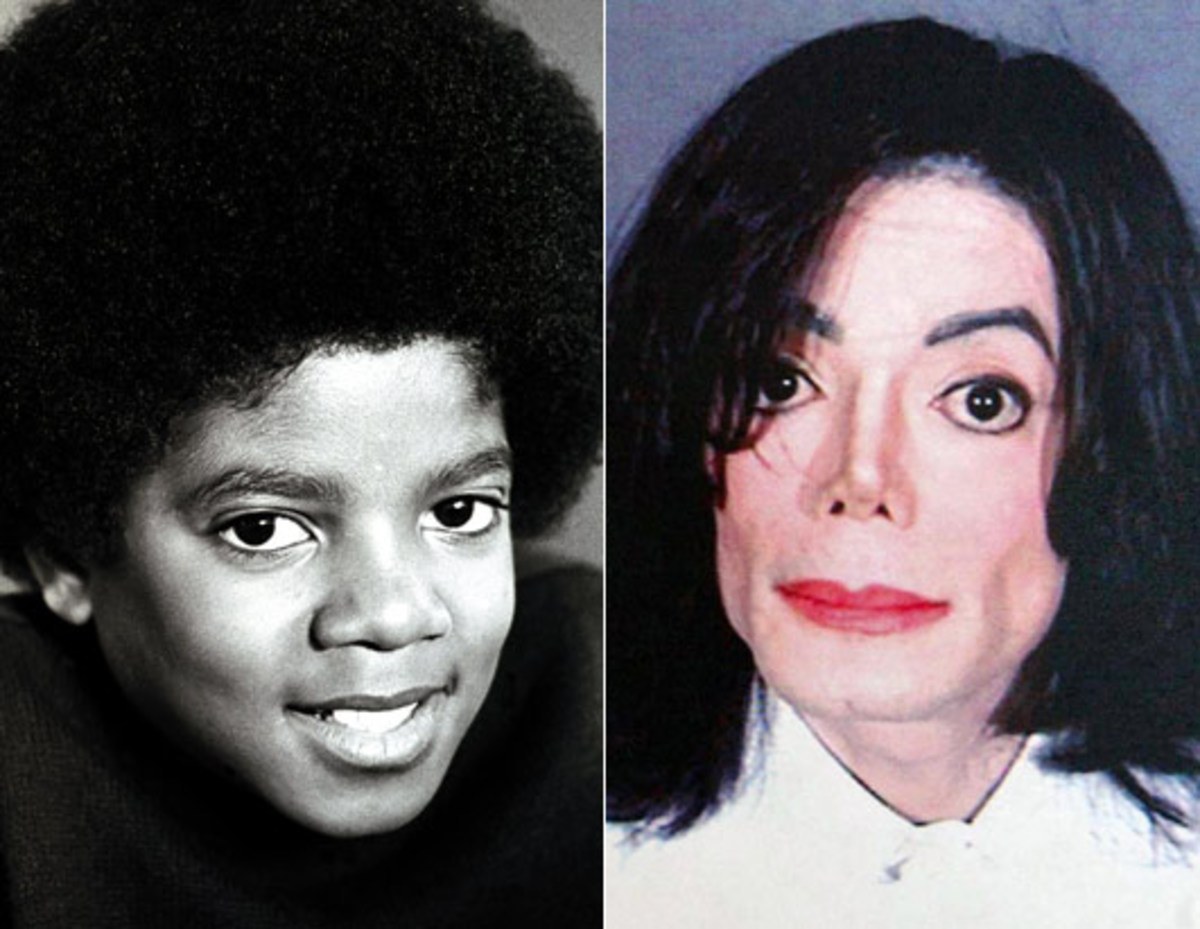by Michael Liss
 I come to praise bakeries past and present. And older men and women faithfully carrying out their duties to their grandchildren.
I come to praise bakeries past and present. And older men and women faithfully carrying out their duties to their grandchildren.
Of bakeries, once too many to count in my city, but, like old loves, we remember Glaser’s (closed every August so the family could return to Germany), Gertels (each cake caused a local sugar shortage), and Lichtman’s (the Times called it “The Da Vinci of Dough”). Still with us, Moishe’s and Andre’s, Veniero and Ferrara’s, and for the breads of your dreams, Orwashers and Eli’s.
I could go on. In fact, I could go on for some time, but there’s a Supreme Court nomination and the Midterms looming, and duty comes before carb-loading. To be more precise, in this essay, it comes both before and after carb-loading but, be patient with me while I take the strings off the boxes and plate the pastry.
As a President gets top billing, even over the dearly departed French pastry shop on First with the spectacular petit fours and crusty rolls that launched a thousand crumbs, it’s time for me to turn to Joe. However, I will not be insulted if you skip the meal and go directly to dessert. You will find it below the fold.
When I think of Biden, I can’t get out of my mind a quote attributed to Lincoln: “Elections belong to the people. It’s their decision. If they decide to turn their back on the fire and burn their behinds, then they will just have to sit on their blisters.” Read more »

 Was it inevitable, this ongoing anthropogenic, global mass-extinction? Do mass destruction, carelessness, and hubris characterize the only way human societies know how to be in the world? It may seem true today but we know that it wasn’t always so. Early human societies in Africa—and many later ones around the world—lived without destroying their environments for long millennia. We tend to write off the vast period before modern humans left Africa as a time when “nothing much was happening” in the human story. But a great deal was actually happening: people explored, discovered, invented, and made decisions about how to live, what to eat, how to relate to each other; they observed and learned from the intricate and changing life around them. From this they fashioned sense and meaning, creative mythologies, art and humor, social institutions and traditions, tools and systems of knowledge. Yet it’s almost as though, if people aren’t busily depleting or destroying their local environments, we regard them as doing nothing.
Was it inevitable, this ongoing anthropogenic, global mass-extinction? Do mass destruction, carelessness, and hubris characterize the only way human societies know how to be in the world? It may seem true today but we know that it wasn’t always so. Early human societies in Africa—and many later ones around the world—lived without destroying their environments for long millennia. We tend to write off the vast period before modern humans left Africa as a time when “nothing much was happening” in the human story. But a great deal was actually happening: people explored, discovered, invented, and made decisions about how to live, what to eat, how to relate to each other; they observed and learned from the intricate and changing life around them. From this they fashioned sense and meaning, creative mythologies, art and humor, social institutions and traditions, tools and systems of knowledge. Yet it’s almost as though, if people aren’t busily depleting or destroying their local environments, we regard them as doing nothing. The theme of home—as a topic, question—is woven throughout Siri Hustvedt’s excellent new essay collection,
The theme of home—as a topic, question—is woven throughout Siri Hustvedt’s excellent new essay collection,  Sughra Raza. Inside Out, Boston, 2021.
Sughra Raza. Inside Out, Boston, 2021. Over the course of more than a decade, Michael Jackson transformed from a handsome young man with typical African American features into a ghostly apparition of a human being. Some of the changes were casual and common, such as straightening his hair. Others were the product of sophisticated surgical and medical procedures; his skin became several shades paler, and his face underwent major reconstruction.
Over the course of more than a decade, Michael Jackson transformed from a handsome young man with typical African American features into a ghostly apparition of a human being. Some of the changes were casual and common, such as straightening his hair. Others were the product of sophisticated surgical and medical procedures; his skin became several shades paler, and his face underwent major reconstruction.


 In this oft-reprinted quote from Hannah Arendt’s seminal work The Origins of Totalitarianism, many 21st century readers, particularly those engaged in pro-democracy movements in the United States and abroad, see Donald Trump and the emergent totalitarian formation of Trumpism sewn piecemeal onto the template that she constructed whole cloth from Hitler and Stalin’s political regimes. Although Trump hasn’t yet matched the political power, penchant for violence, or historical significance of Hitler or Stalin, he has made clear his disdain for democracy and exhibits a desire and willingness to use his power and violence to undo its institutional structures. For readers who are encouraged by the emergence of Trumpism and excited by its promise to make America great again, which includes inciting nationalistic pride, putting America’s interests first ahead of global concerns, policing public school curriculum for progressive ideological biases, packing the courts with sympathetic ideologues, and using banal procedural rules to derail the spirit of democratic negotiation and compromise then her work may provide you a cautionary tale regarding the potential implications of delivering on those promises.
In this oft-reprinted quote from Hannah Arendt’s seminal work The Origins of Totalitarianism, many 21st century readers, particularly those engaged in pro-democracy movements in the United States and abroad, see Donald Trump and the emergent totalitarian formation of Trumpism sewn piecemeal onto the template that she constructed whole cloth from Hitler and Stalin’s political regimes. Although Trump hasn’t yet matched the political power, penchant for violence, or historical significance of Hitler or Stalin, he has made clear his disdain for democracy and exhibits a desire and willingness to use his power and violence to undo its institutional structures. For readers who are encouraged by the emergence of Trumpism and excited by its promise to make America great again, which includes inciting nationalistic pride, putting America’s interests first ahead of global concerns, policing public school curriculum for progressive ideological biases, packing the courts with sympathetic ideologues, and using banal procedural rules to derail the spirit of democratic negotiation and compromise then her work may provide you a cautionary tale regarding the potential implications of delivering on those promises.
 My name is Sarah Firisen, and I’m 5ft 2 inches tall and work in software sales. But I’m also, or used to be, Bianca Zanetti, a 5ft 9 size 0 (which I’m also not), fashion designer and proprietor of a chain of stores, Fashion by B. No, I’m not bipolar. Bianca Zanetti is my Second Life avatar.
My name is Sarah Firisen, and I’m 5ft 2 inches tall and work in software sales. But I’m also, or used to be, Bianca Zanetti, a 5ft 9 size 0 (which I’m also not), fashion designer and proprietor of a chain of stores, Fashion by B. No, I’m not bipolar. Bianca Zanetti is my Second Life avatar.


 The Naxalite phase in Bengal was a short, tragic chapter in politics, but in Bengal’s cultural-emotional life its implications were deeper, and reflected in its literature (and films)—most poignantly yet forcefully captured by the writer Mahshweta Devi, one of Bengal’s most powerful political novelists. Again and again in the 20th century some of Bengali youth have been fascinated by the romanticism of revolutionary violence–as was the case in the early decades in the freedom struggle against the British (I have earlier mentioned about my maternal uncle caught in its vortex), then again in the 1940’s when the sharecroppers’ movement (called tebhaga) was soon followed by a period of communist insurgency in 1948-50, and then in the Naxalite movement of the late 60’s and early 70’s.
The Naxalite phase in Bengal was a short, tragic chapter in politics, but in Bengal’s cultural-emotional life its implications were deeper, and reflected in its literature (and films)—most poignantly yet forcefully captured by the writer Mahshweta Devi, one of Bengal’s most powerful political novelists. Again and again in the 20th century some of Bengali youth have been fascinated by the romanticism of revolutionary violence–as was the case in the early decades in the freedom struggle against the British (I have earlier mentioned about my maternal uncle caught in its vortex), then again in the 1940’s when the sharecroppers’ movement (called tebhaga) was soon followed by a period of communist insurgency in 1948-50, and then in the Naxalite movement of the late 60’s and early 70’s. RS: The book kind of ambushed me. Although I’d known the essay where he described planting those roses well, I’d never thought about what it meant that our great prophet of totalitarianism, the man famous for facing unpleasant facts, was planting roses. It let me talk about all these things that I wanted to talk about—essentially about the left, about how we lead our lives, about what it looks like to lead a sustainable life.
RS: The book kind of ambushed me. Although I’d known the essay where he described planting those roses well, I’d never thought about what it meant that our great prophet of totalitarianism, the man famous for facing unpleasant facts, was planting roses. It let me talk about all these things that I wanted to talk about—essentially about the left, about how we lead our lives, about what it looks like to lead a sustainable life. How can a vaccine treat cancers or chronic infectious diseases?
How can a vaccine treat cancers or chronic infectious diseases? Several chapters
Several chapters Though the Taliban has once again taken power in Afghanistan, they have come back at a rather inopportune time. Across the Muslim world, many seem to be souring on Islamists, defined as those who derive legitimacy from Islam and advocate for modern states to be governed along Islamic precepts, both economically and judicially. Over the last few years, Islamist governments have fallen out of power across the Middle East and Africa, haemorrhaged support in Turkey, and failed to make headway in Southeast Asia.
Though the Taliban has once again taken power in Afghanistan, they have come back at a rather inopportune time. Across the Muslim world, many seem to be souring on Islamists, defined as those who derive legitimacy from Islam and advocate for modern states to be governed along Islamic precepts, both economically and judicially. Over the last few years, Islamist governments have fallen out of power across the Middle East and Africa, haemorrhaged support in Turkey, and failed to make headway in Southeast Asia.